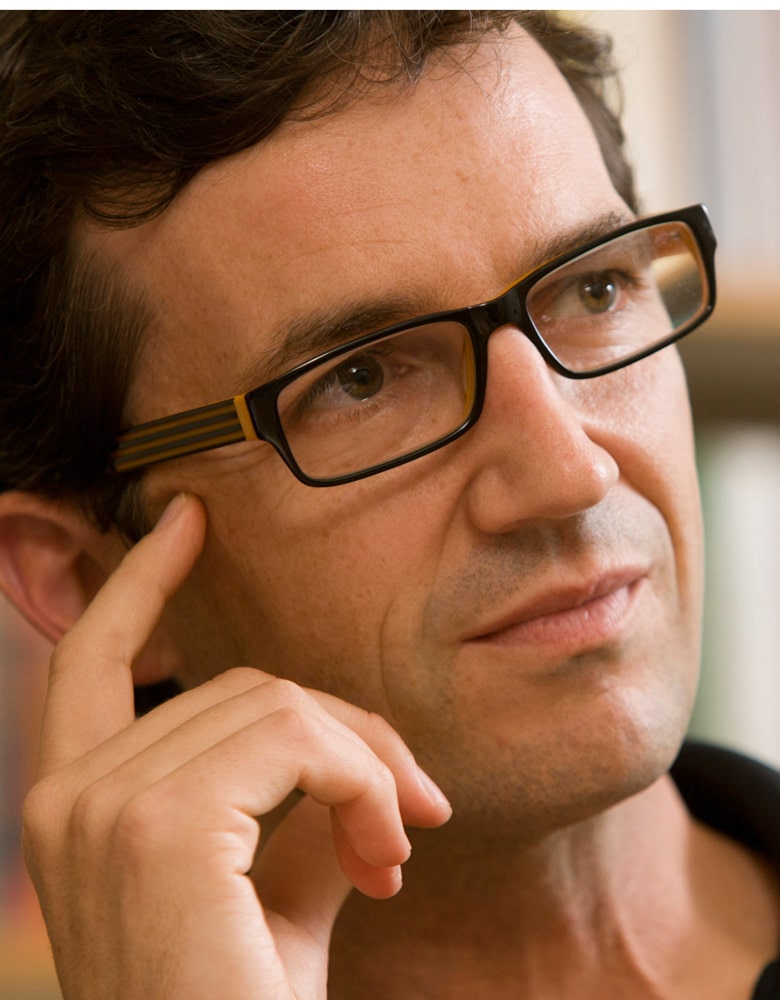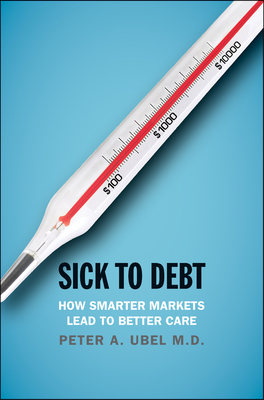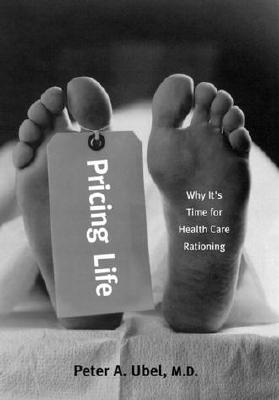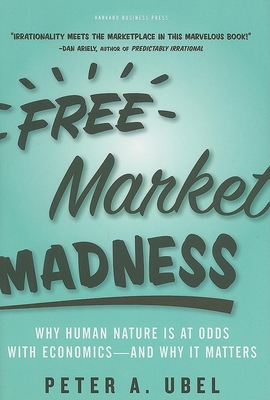Peter A Ubel
Peter Ubel M.D. is a physician and behavioral scientist whose research and writing explores the mixture of rational and irrational forces that affect our health, our happiness and the way our society functions. (What fun would it be to tackle just the easy problems?)
Ubel is the Madge and Dennis T. McLawhorn University Professor of Business, Public Policy and Medicine at Duke University. His research explores controversial issues about the role of values and preferences in health care decision making, from decisions at the bedside to policy decisions. He uses the tools of decision psychology and behavioral economics to explore topics like informed consent, shared decision making and health care cost containment. His books include Pricing Life: Why it’s time for healthcare rationing (MIT Press 2000) and Free Market Madness: How economics is at odds with human nature—and why it matters (Harvard Business Press, 2009). His newest book, Critical Decisions (HarperCollins, 2012) explores the challenges of shared decision making between doctors and patients. You can find his blogs and other information at http://www.peterubel.com/.
I am a physician and behavioral scientist at Duke University. My research and writing explores the quirks in human nature that influence our lives — the mixture of rational and irrational forces that affect our health, our happiness and the way our society functions. (What fun would it be to tackle just the easy problems?)
I am currently exploring controversial issues about the role of values and preferences in health care decision making, from decisions at the bedside to policy decisions. I use the tools of decision psychology and behavioral economics to explore topics like informed consent, shared decision making and health care spending. My books include Pricing Life (MIT Press 2000) and Free Market Madness (Harvard Business Press, 2009). My newest book, Critical Decisions (HarperCollins), is coming out in September of 2012, and explores the challenges of shared decision making between doctors and patients.
Source: Duke University's Fuqua School of Business
Books by Author
Videos












